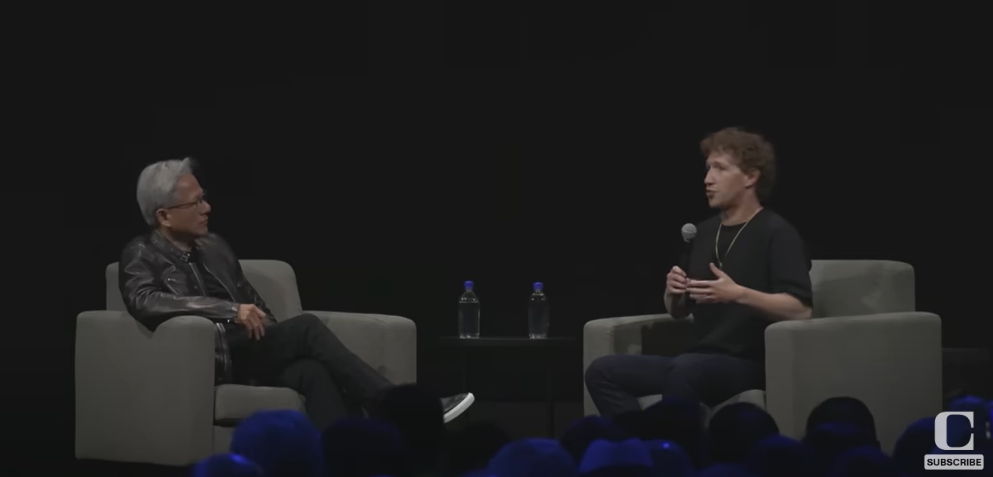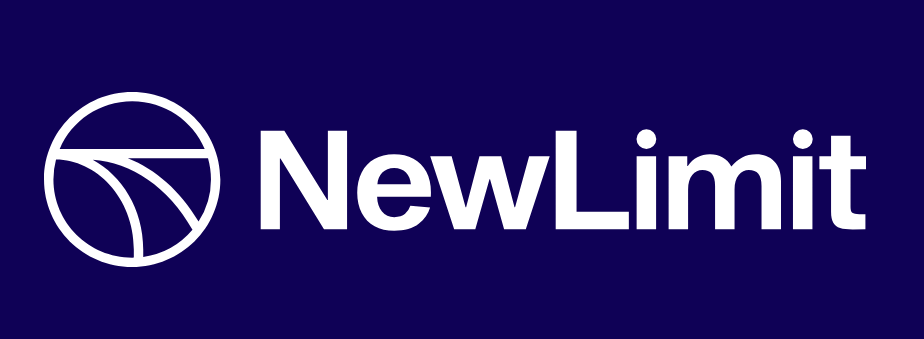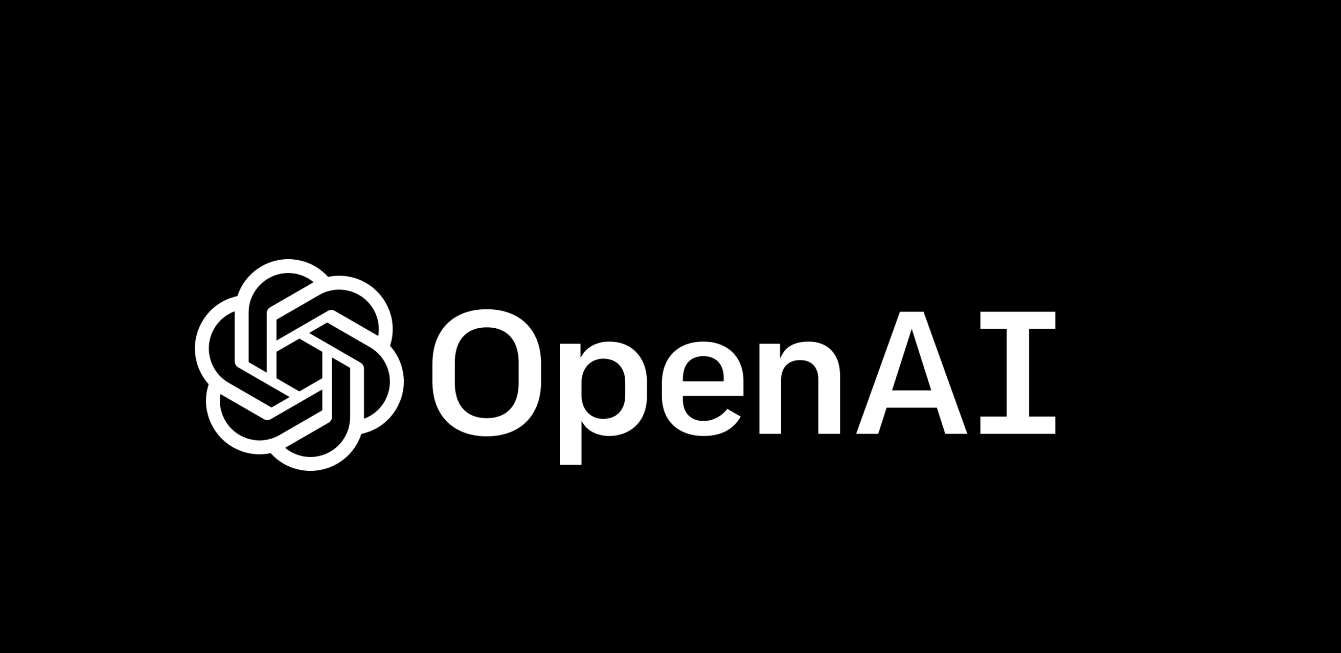Mark Zuckerberg, once the poster child of the metaverse, now has pivoted to a new frontier: artificial intelligence (AI). But is he just following the wave of enthusiasm sweeping the tech world, or is there more behind Meta’s latest move?
At Siggraph 2024, Meta’s CEO joined NVIDIA’s CEO Jensen Huang to discuss the impact of AI, leaving the metaverse largely in the shadows. Zuckerberg, who led Meta into an ambitious, immersive digital world, now firmly believes that AI will reshape how users interact with the platform.
“I kind of dream of one day all of Facebook or Instagram being like a single AI model that has unified all these different content types and systems together,” he said, reflecting a shift in Meta’s vision.
Zuckerberg’s aspirations for AI-driven experiences are clear. Rather than simply relying on existing content recommendations, Meta is set to leverage generative AI to create entirely new, personalized experiences.
“In the future, a lot of the stuff is going to be created with these tools too,” he explained. He sees, it seems, a world where AI-generated content becomes a primary feature of the social media giant.
Yet, he insists Meta’s approach differs from the industry trend of building “one central agent.” Zuckerberg described a more decentralized model, where AI tools empower creators and businesses.
“We want to empower all the people who use our products to basically create agents for themselves,” he said. This could revolutionize content creation, customer engagement and even social interactions.
NVIDIA’s Jensen Huang duplicated the possibilities of open-source AI models like Meta’s Llama, which allow businesses to develop customized AI systems. Huang described the process as enabling companies to “turn this whole thing into an AI service” that they fully own. Huang sees these innovations as fundamental to ensuring that AI knowledge remains within the companies using them, further driving competition and creativity.
What truly stands out in their conversation is how Meta predicts AI being integrated into everyday interactions. Zuckerberg noted that “people using [AI] to roleplay difficult social situations” is one of the top use cases for Meta AI, underscoring the role of generative AI as not just a tool for creators but also as a personal assistant for everyday users. Whether it’s asking for a promotion or resolving personal conflicts, AI could help navigate these challenges in a “completely judgment-free zone.”
The discussion also dealt with the future of AI-powered devices, including augmented reality (AR) glasses. Zuckerberg predicts that AI integration will transform these into “super interactive” products, making features like real-time translation and visual language understanding accessible to hundreds of millions.
“I would guess that displays AI glasses at like a $300 price point are going to be a really big product,” he stated. This signals Meta’s broader ambitions to bring AI beyond screens and into physical, wearable technology.
Ultimately, the conversation between Zuckerberg and Huang revealed a fundamental shift at Meta. Once laser-focused on the metaverse, Zuckerberg is now banking on AI to reshape how we interact with technology. Whether or not this is a genuine evolution or a response to market pressures, one thing is clear: Meta is betting big on AI, and the world is watching to see if this pivot pays off.
Featured image: Credit: CNET






